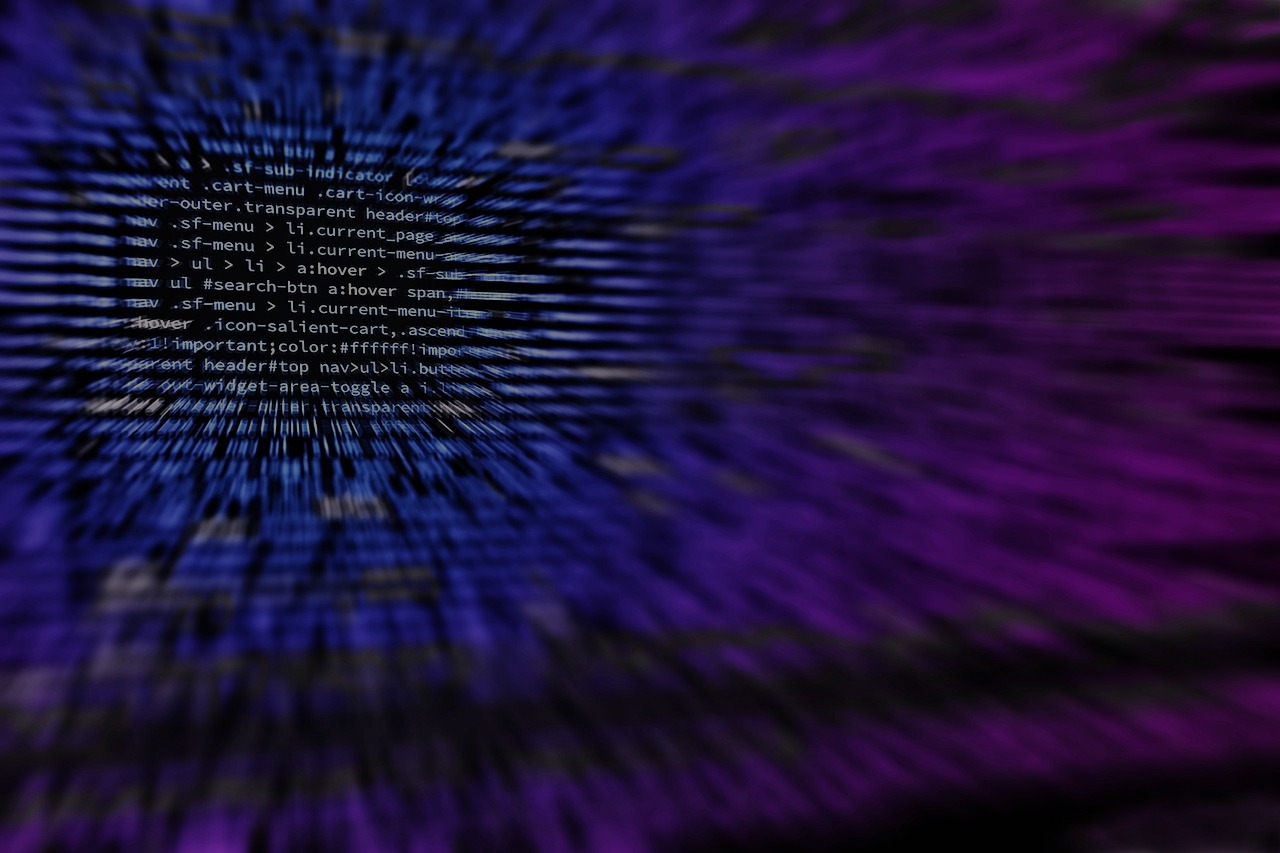Heating systems have come a long way, thanks to advancements in software and programming. Radiators, once simple heat emitters, are now part of intelligent, interconnected systems designed to enhance efficiency and user experience. Here’s a deep dive into how software revolutionizes radiator technology.
Smart Thermostats and Connected Radiators
Modern radiators often pair with smart thermostats, which use software to control heating based on user preferences and environmental conditions. These thermostats collect data such as room temperature, humidity, and even occupancy patterns. Through advanced algorithms, they adjust radiator output to maintain optimal comfort while minimizing energy use.
IoT Integration and Remote Control
The Internet of Things (IoT) has transformed the way radiators are managed. IoT-enabled radiators connect to apps and other smart home devices, allowing users to control heating remotely. Whether you’re on your way home or adjusting temperatures from another room, software-driven solutions provide unparalleled convenience and energy efficiency.
Machine Learning and Predictive Heating
Programming and machine learning play a pivotal role in predictive heating. By analyzing historical data and user behavior, systems can anticipate when heating is needed. For example, a system might learn that a family wakes up at 7 AM and ensures the house is warm by that time, saving energy by avoiding unnecessary heating during the night.
Energy Monitoring and Optimization
Software also enables real-time energy monitoring. Apps linked to radiators provide insights into energy usage, costs, and environmental impact. This data empowers users to adjust their heating patterns for better efficiency, aligning with both budgetary and ecological goals.
Open-Source Programming for Custom Solutions
The rise of open-source software allows tech-savvy users to create custom heating solutions. Programmable thermostats and API-supported devices enable developers to craft bespoke setups tailored to their unique needs, fostering innovation in home heating.
Conclusion
Radiators are no longer mere functional elements; they are part of a sophisticated ecosystem powered by software and programming. By combining advanced algorithms, IoT capabilities, and machine learning, modern heating systems offer smarter, greener, and more user-friendly solutions for today’s homes.
About the author
